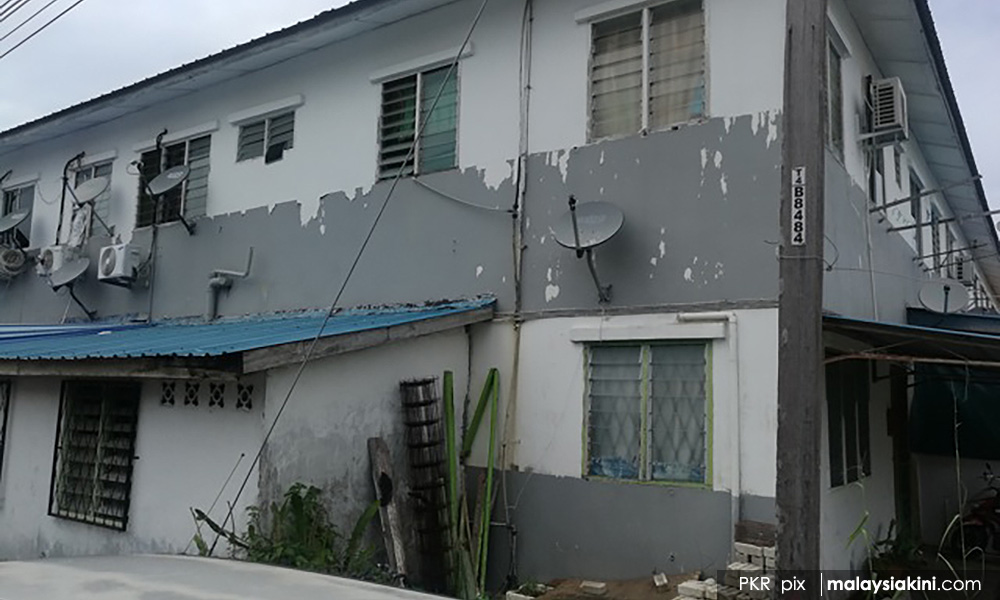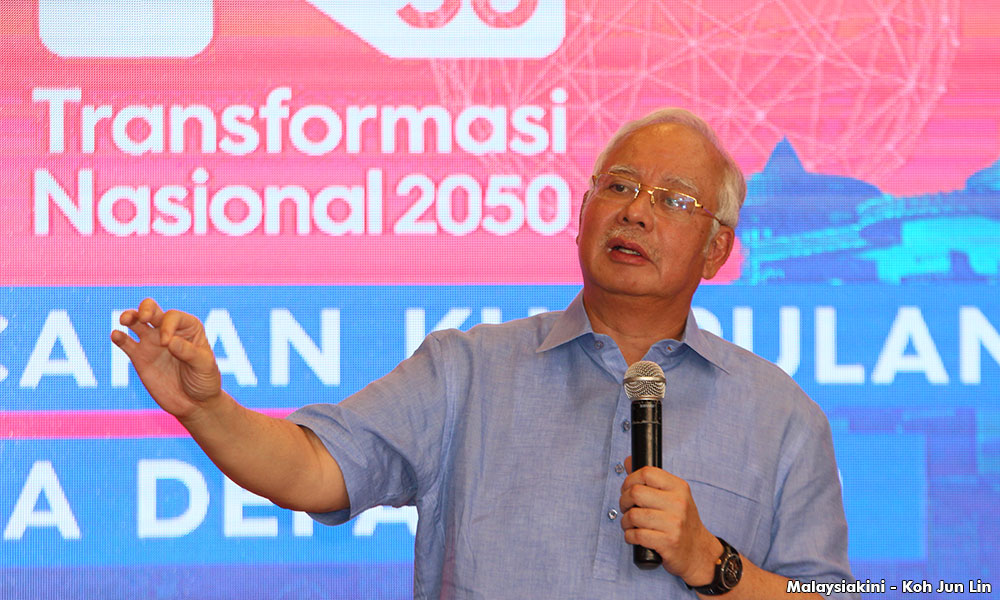LETTER | The World Bank's latest Malaysia Economic Monitor report had some good and some disappointing news.
The good news is that Malaysian economic growth has exceeded all expectations. It is now estimated to achieve the highest growth of 5.8 percent this year since 2014; and to keep a steady pace to attain about 5.2 percent growth next year.
The latest International Monetary Fund report is more optimistic and projects growth from five to 5.5 percent for next year.
However, the sad news is that these high growth rates have not been sufficient to ensure that Malaysia will achieve our target of becoming a developed country or reaching high income nation status by our target date of 2020.
Instead, we might acquire development economy status only by 2024.
But here again the World Bank has a serious caveat. To make this vital breakthrough, we have to undertake some more major reforms or undertake greater socioeconomic transformation.
These proposed reforms have been stated before. Indeed we have adopted some reforms, but they have not been adequate to move the economy forward strongly enough.
More reforms needed
The World Bank, in its characteristic diplomatic style, has mildly urged us to enhance productivity, raise our lack of competition in key markets and reduce critical skills deficits.
I wish the World Bank would have made more specific recommendations on how to improve our productivity, our competitiveness and our critical skills.
They recognise the heart of our socioeconomic and even political problems, but seems constrained or reluctant to provide the particular prescription to treat our major underlying economic structural weaknesses.
That is perhaps why they have also not highlighted the major complaints and concerns of most Malaysians. These pertain to rising inflation, the weak ringgit, the high unemployment rates especially among graduates, the low international ratings for our education standards in general.
All this has caused some decline in the standards of living and quality of life, especially for our low income groups.

It would be good if the World Bank also measured our socioeconomic performance against wealthier former developing countries, that were once upon a time weaker than us.
What reforms did they introduce and implement that we failed to do, or did too slowly or too weakly? What has gone wrong? Why are we set to miss our target to achieve developed nation status by 2020?
The latest Moody’s Investors Services report has specifically cautioned that "Malaysia's reserves at current levels are insufficient to meet maturing external long term debt repayments and short term debt.”
Moody's, however, consoles us that our economic growth and other factors, "could mitigate this vulnerability to sudden shocks ." But the message is clear. We need to build larger reserves and stronger economic resilience.
The World Bank expects private consumption to remain the main driver of economic growth. However, household debt is also high and therefore not very healthy.
We also are disturbed to learn the new trend of our youth of between ages 25-44 forming the largest group of about 60 percent of the 94,408 bankruptcies s reported from 2013 to Aug 2017.
So we can ask whether our private consumption and economic growth are to some extent being pushed up by the rising number of young bankrupts? Their conspicuous and wasteful consumption must be discouraged or we will have more problems.
Heading in the right direction?
I believe that our Prime Minister Najib Abdul Razak is right when he says that the World Bank and IMF international reports are "proof that we are heading in the right direction."

However, they also subtly and cautiously warn that our successes may not be sustainable, unless we reform more strongly and at a faster pace.
Greater public confidence can stimulate faster economic growth, a stronger ringgit, higher productivity , lower inflation and higher wages and incomes, especially for the lower income groups.
There is also no doubt that tougher action against extremism from all quarters will help raise domestic and foreign confidence in our national capacity to sustain our progress.
We cannot be complacent. We have to carry out more reforms, and faster, before and especially after GE 14, when the politicking has settled down, and we can all march forward as a united nation towards achieving much greater heights.
Let us all hope and pray to have a happier 2018.
The views expressed here are those of the author/contributor and do not necessarily represent the views of Malaysiakini.

